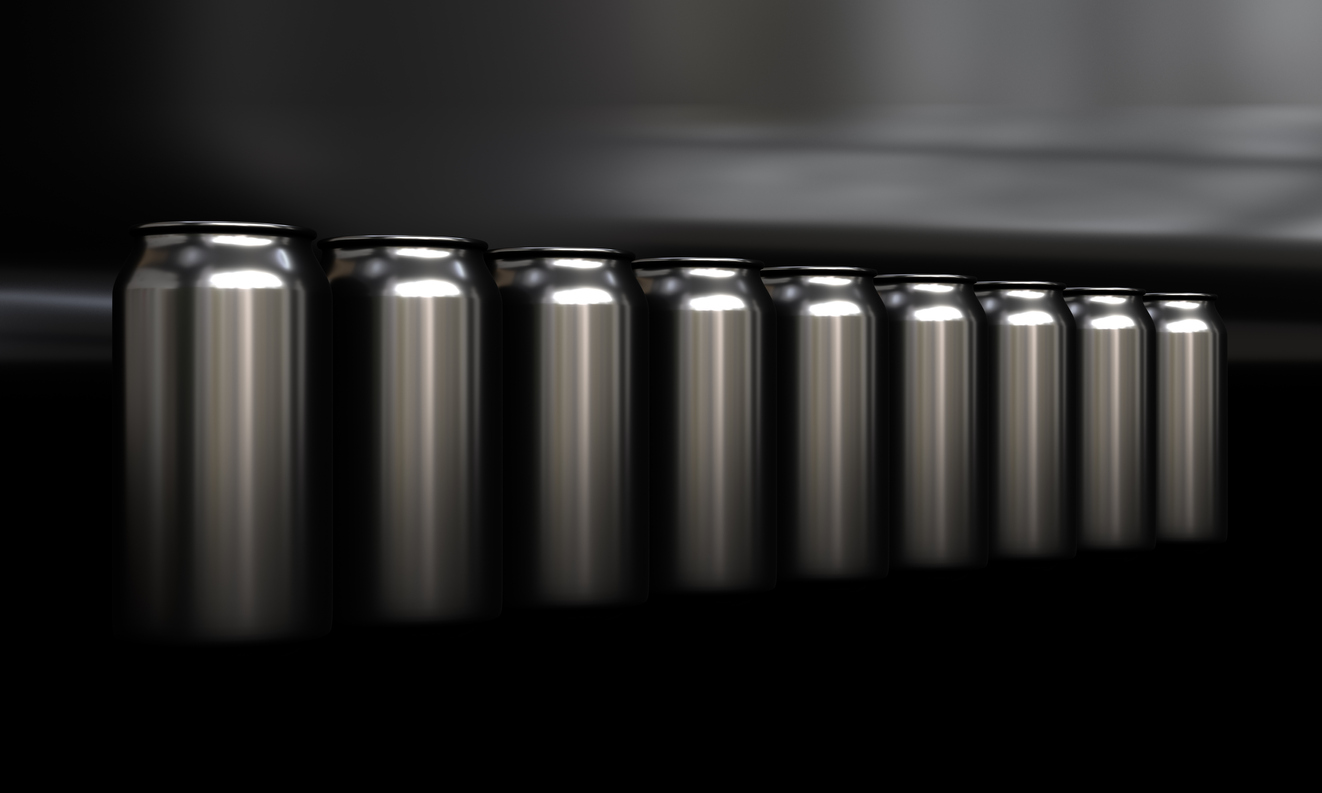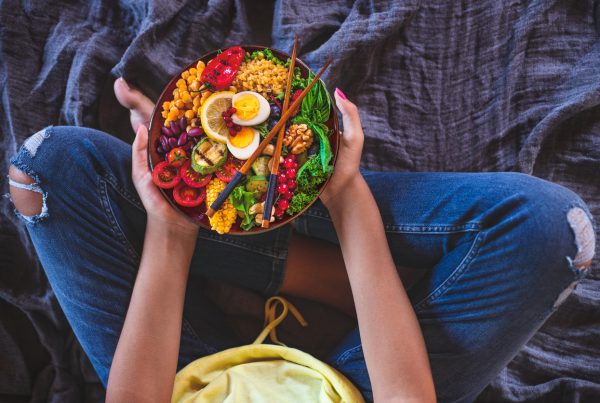Whether it’s before an all-night study session, mid-way through a long day at the office or after a hard workout, energy drinks are what many people turn to when they need a boost. But are these drinks doing us more harm than good? Dr Linia Patel gives you a dietitian’s perspective.
“Gives you wings.” A marketing strap line used by one of the leading energy drinks. Energy drinks are a multi-billion-dollar industry. There are new energy drinks popping up daily. If their popularity is any indication of their effectiveness, they appear to be working – but how harmful are they to our health?
What is in an energy drink?
Energy drinks do what it says on the tin. They are intended to boost your energy, and increase alertness and concentration. Although each energy drink will differ in what it contains, the most common ingredients include:
- Sugar: Added sugar is the main source of calories in energy drinks. Sugar in a liquid solution is the quickest way to get your blood glucose levels to spike, giving you an almost energy rush. Other drinks make ‘natural’ sugars such as coconut water. Although lower in sugar, sugar is sugar. Some drinks do not contain sugar and are sweetened with artificial sweeteners.
- Caffeine: Caffeine is a stimulant. On a microscopic level, caffeine binds to adenosine receptors, which in turn block the binding of adenosine to its receptor, keeping you awake. Most energy drinks contain 100-300mg of caffeine per serving. For context, an espresso will have 60-80mg.
- B vitamins:These water-soluble vitamins are well documented to play an important role in converting the food you eat into energy your body can use.
- Amino acid derivatives: Examples are taurine, tyrosine and L-carnitine. All these molecules play an important role in energy metabolism, as well as in your brain chemistry to support a stable mood.
- Herbal extracts: Similar to coffee, guarana is likely included to add more caffeine. Ginseng may be included to have positive effects on brain function.
Should anyone drink energy drinks? How much is too much?
The occasional intake of an energy drink is unlikely to cause any problems. Most of the health concerns involve their sugar and caffeine content. If you have an energy drink, be sure to factor the added sugar and caffeine content into your day to avoid excessive intake of caffeine. Too much caffeine (more than 400mg per day) can lead to anxiety, insomnia, irregular heartbeat, elevated blood pressure and, in extreme cases, seizures and heart attacks.
Pregnant and nursing women, children and teenagers should avoid energy drinks altogether. Ironically, one of the population groups known to consume the most energy drinks includes the youth! The effective marketing and influence of peers make energy drinks a trend that every young person wants to be part of.
Unfortunately, children and teens may experience heightened effects from the high amount of caffeine and herbal stimulants due to their smaller body size, and this is why there has been a cry within health professional circles calling for stricter regulation and content labelling, as well as the addition of health warnings.
How to boost your energy without an energy drink
Energy drinks are not a great nutritional inclusion. They can be safe if consumed occasionally in moderation by people who are above 18 and have no underlying health conditions but (and that is a big BUT), there are better ways to get an energy boost. These include:
- Reach for your water bottle. Your entire body is 75% water and 80% of your brain composition is water! Water transports nutrients that allow your body to generate energy. Being dehydrated happens when you lose more water than you take in. Mild dehydration occurs when you experience a water loss of 1-2%. Practically speaking, when you are thirsty you are mildly dehydrated. At this point, research shows us that your brain shrinks in size and you begin to suffer cognitive side effects such as poor memory, lower concentration and mood. Sip at water during the day to prevent dehydration.
- Focus on controlling your blood sugar levels. Don’t eat your carbohydrates naked. Dress them. Meals without protein, fat or fibre are rapidly broken down and absorbed into the blood stream. This produces a sharp rise in glucose, followed by a crash. Add protein/fibre to carbohydrate meals and snacks to counteract the sugar spikes.
- Stay active. Although probably the last thing you feel like doing, movement is exactly what you need to increase your energy levels if you feel tired. Go for a walk. Routinely build movement in. Snack on exercise. A two-minute plank when you watch the news. 10 star jumps as the kettle boils. A sun salutation routine at the end of each day. Find a way to move more.
- Get good in bed. Learn to say no, so you can prioritise your sleep. Our body uses sleep as an opportunity to remove energy-draining metabolites and refresh your body. If you don’t sleep enough naturally, you will feel tired, have low energy and have a reduced desire to exercise. If you are getting fewer than seven hours now that’s OK, but it’s important you try to change it. Work your way up slowly. Even adding 30mins can make a difference. Ensure that you head in the direction of bed well before you want to be asleep.
- Support your body with vitamins if you need. If you feel you need a boost, speak to a dietitian or a healthcare professional about having a nutritional assessment or adding a vitamin supplement such as methylated B-vitamin complex or magnesium into your diet.
Have you checked out Linia’s best-selling online educations?
- Nutrition for Menopause
- Gut Health – the power of the microbiome
- Low Carb: the evidence & application
- Sports Nutrition Basics
- Plant-Based Eating: The Essentials
- Food as Medicine? Food and inflammation
- Longevity through Nutrition
About the author

Dr Linia Patel has a BSc degree in biochemistry and physiology and has recently achieved a PhD in public health. Linia is a leading dietitian and sports nutritionist. Her passion is translating nutritional science into easy-to-digest and practical advice.
References
- Constantino et al (2023), The dark side of energy drinks: A comprehensive review of their impact on the human body, Nutrients, 15(18): 3,922.
- Alsunni et al (2015), Energy drink consumption: Beneficial and adverse health effects, Int J Health Sci., 9(4): 468-74.








